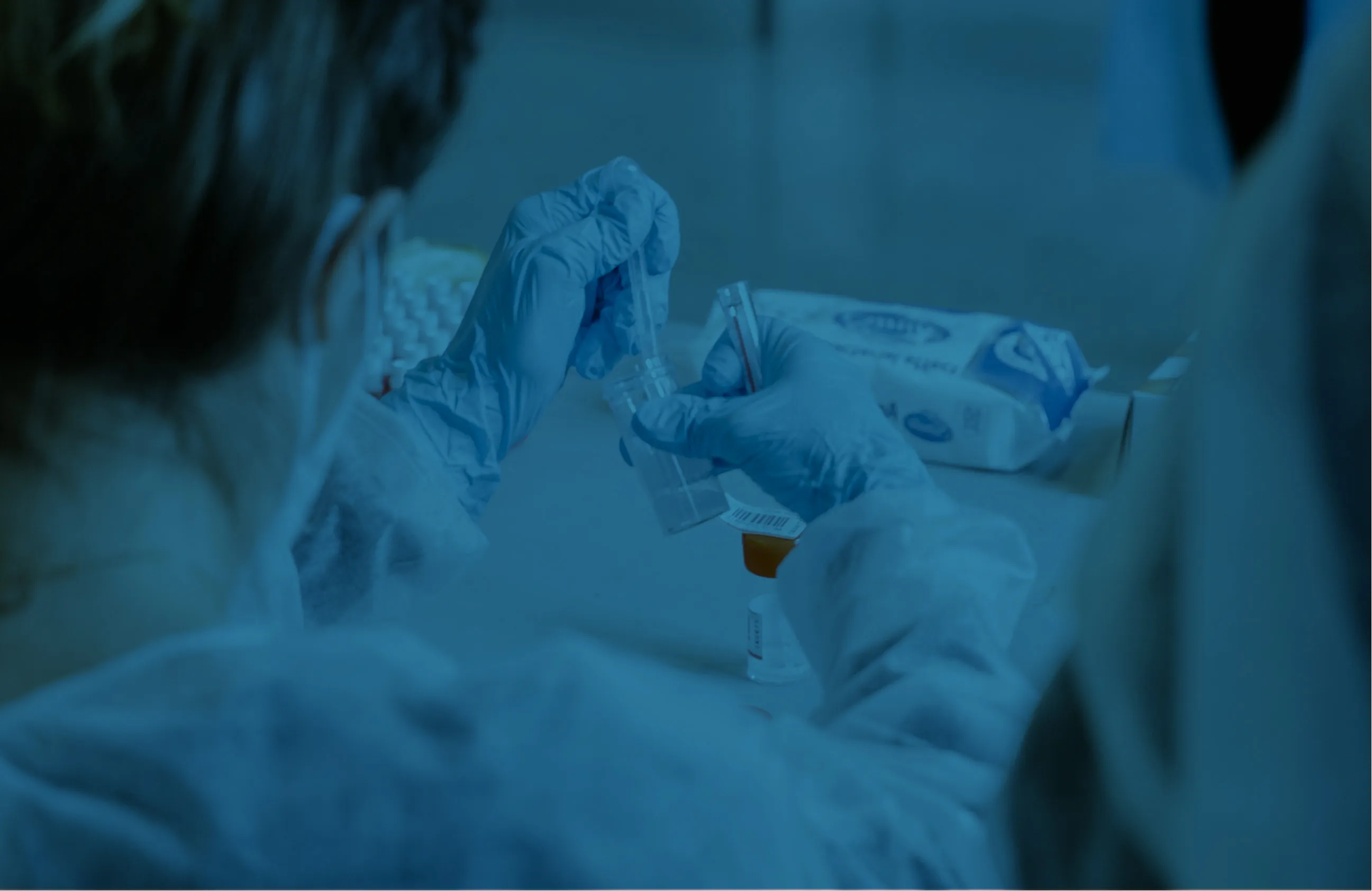
The Anti-Infective Innovator Blog
SPR720: Listening to Patients, Clinicians and Regulators, and Advancing Forward

SPR720: Listening to Patients, Clinicians and Regulators, and Advancing Forward
The Anti-Infective Innovator Blog
Posted on
June 11, 2020
Written by Spero Therapeutics,
Troy Lister, PhD, Sue Stokes, PhD, and David Melnick, MD
Recently, Spero announced a positive meeting with the FDA that we believe supports our plans to advance SPR720, our novel oral agent for treatment of NTM disease, towards a Phase 2a clinical trial in NTM patients, which we intend to initiate in the second half of this year. Our data package for SPR720 that we provided to the FDA in anticipation of that meeting included our completed first-in-human evaluation, which indicates that our predicted therapeutic exposure can be attained with a dose of 500 – 1000mg once daily and that such dose range is well tolerated.
Our dialogue with the FDA also included discussion of the development of SPR720 beyond the Phase 2a clinical trial. These subsequent studies will assess SPR720 as part of a combination regimen, with the primary assessment to be based on a clinical endpoint. As we advance towards an IND submission for SPR720 and the initiation of the Phase 2a clinical trial, we reflect on our optimism for the path forward for SPR720 and the hope that it could bring to patients in need.
How we see the treatment of NTM pulmonary disease evolving
Spero has been in the fortunate position to engage with and listen to patients, clinicians and members of regulatory agencies at gatherings like the recent FDA workshop and NTM conferences and in our offices (pre-COVID, of course).What are we hearing?
- Patients want to feel better. Patients, patient advocacy groups, clinicians, and regulators alike have noted that a patient that is feeling better and getting back to their daily life activities is the definition of success. “Feels, functions, survives”is the mantra and the goal. Microbiological “cure” may not be meaningful or achievable long term.
- Accordingly,there is a shift from “cure” to improved outcome and well-tolerated disease management. NTM microbes are diverse (there are over 200 species identified) and ubiquitous, and it is clear that predispositions exist for progression from infection to chronic disease. This confluence sets the stage for life-long re-infection on or off therapy and illuminates the unmet need for medicines that allow patients to regain aspects of normal life with treatment that manages disease.
Clinical trials: What matters for patients and clinicians
A shift to management of NTM has important implications for trials. Our interactions with patients, clinicians, and the FDA has led us to a stepwise approach to efficiently develop NTM medicines:Phase 2 matters: Show the drug does its job. Our recent FDA interaction reinforced our plans and timing for a Phase 2a clinical trial. We provided a detailed overview of our strategy for Phase 2a in a previous post. In short, we aim to show that SPR720, administered on its own, can deliver a favorable therapeutic outcome relative to placebo. Exhibiting good PK, safety, and tolerability in patients is also a major and necessary step toward building a SPR720 containing therapeutic regimen. The 28-day duration of our planned Phase 2a clinical trial balances fidelity of a biological signal and speed to that signal, along with patient safety. We will study SPR720 at doses of 500 mg and 1000 mg per day compared to placebo, and we will include a standard of care arm to ensure that our therapeutic measures and timing are valid.Downstream: Regimen-based therapy, clinical outcome assessment, shorter studies consistent with a disease management paradigm.We believe that our interactions with the FDA demonstrate the agency’s support for our clinical development plans for SPR720 beyond Phase 2a. Namely, we continue to see an opportunity to study the effectiveness of SPR720 as part of a therapeutic combination regimen, either under an adaptive single study design, or with a Phase 2b standalone clinical trial followed by a Phase 3 clinical trial as a basis for approval. With the right SPR720 containing combination and the right study design, we see a pathway to potentially shorter endpoints for approval (6 months or shorter) focused on clinical outcomes that demonstrate an improvement in patient health and consistent with a disease management paradigm.
What it means
NTM patients desperately need new options; these options need to be applicable early in disease development, be easy to use, and have an acceptable tolerability profile. We are pleased with the dialogue we have had with patients, clinicians, and regulators to date on how best to deliver on this therapeutic profile. These interactions confirm our conceptions of the field and enable us to continue to build a pathway showing the unique qualities of SPR720 that suit the emerging treatment paradigm that emphasizes patient outcome over microbiological cure. This is a major opportunity for a product candidate such as SPR720 to show that, in this new paradigm, a safe, well-tolerated, easy to administer oral therapy can be a treatment of choice in non-treatment refractory patients. We are inspired by our patient colleagues and excited to continue on this stepwise journey.
